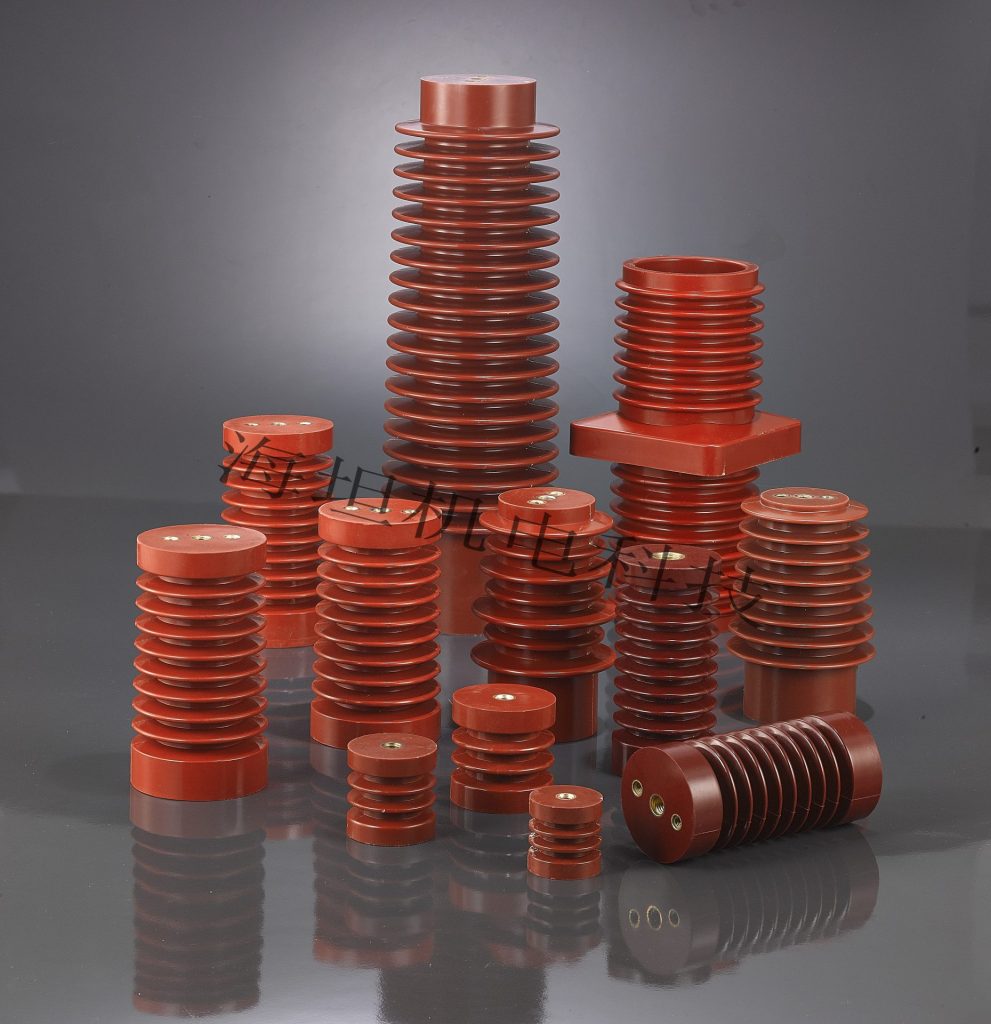Types of High Voltage Insulators
There are many different types of high voltage insulators on the market today. Each type has its own unique set of features and benefits. Choosing the right type of insulator for your specific needs is critical to keeping your equipment safe and preventing property damage.
The most common high voltage insulators are made of ceramic, glass, metal or composite materials. Each material has its own advantages and disadvantages. Ceramic insulators are usually the most affordable option, but they are also the most fragile.
Glass insulators are more durable but expensive. Metal insulators are the strongest, but are susceptible to corrosion. Composite insulators are made from a variety of materials, which give them the best properties of each type.
When selecting high voltage insulators, it is important to consider the specific needs of your application.
Here is a quick overview of some of the most common types of high voltage insulators:
Silicone Rubber
This insulator is made of silicon dioxide and is very heat resistant. However, it is not as flexible as other types of insulators and can be damaged by high voltages.
Epoxy
Epoxy is a very strong and electrically resistant thermoset plastic. However, it is not as flexible as other types of insulators and can be difficult to work with.
Polyurethane
This type of insulator is made of polyurethane and is very flexible. However, it is not as effective as some other insulation types and can be more expensive.
Advantages of Using High Voltage Insulators
High-voltage insulators are used in a variety of applications, from transmission and distribution to power generation and more. They offer many advantages over traditional insulators, including higher dielectric strength, improved weathering and corrosion resistance, and more.
High-voltage insulators are electrical equipment used to isolate electrical equipment and components from high-voltage transmissions and are essential to ensure a safe and reliable power supply. If you are responsible for managing electrical systems, it is important to understand the advantages of using high voltage insulators.
There are many benefits to using high voltage insulators. They provide a high degree of isolation and help protect delicate equipment. They are also very stable and reliable, which means they can be used in a variety of applications. Additionally, high voltage insulators can be customized to meet the specific needs of specific applications.
Overall, high-voltage insulators offer many advantages that make them ideal for a variety of applications. If you need high voltage protection for your equipment, high voltage insulators may be the perfect solution.




